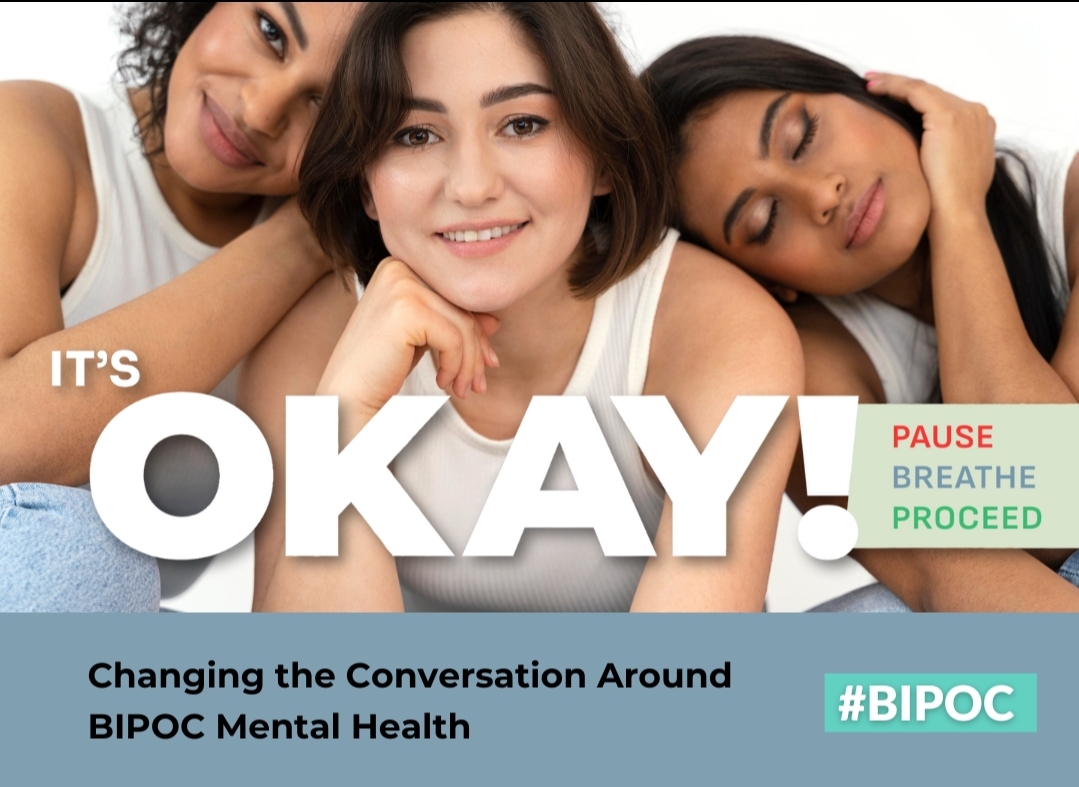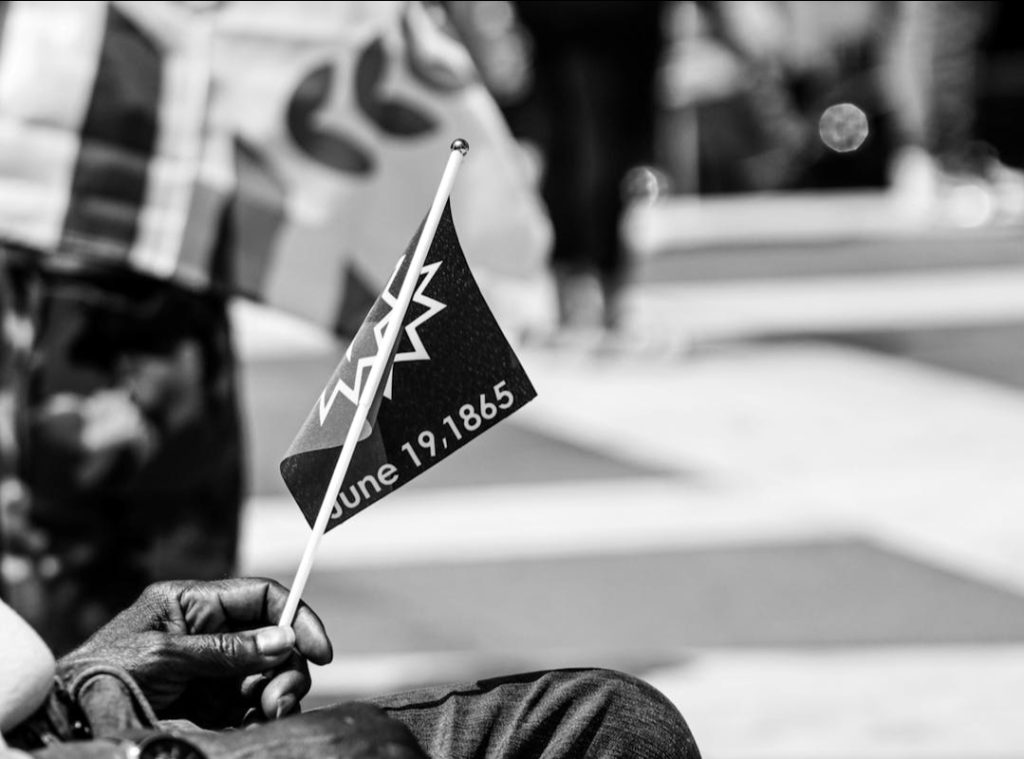As the end of July brings BIPOC Mental Health month to a close, it is important to continue shedding light on the unique mental health challenges and experiences of individuals from diverse backgrounds. While everyone is affected by mental health differently, each community carries its own intricate tapestry of experiences, histories, and traditions that deeply influence the way mental health is perceived, understood, and approached. Within the BIPOC community, these nuances take center stage, necessitating a more comprehensive and culturally sensitive understanding of mental health.
In order to make lasting change, the conversation around BIPOC mental health cannot be limited to one month out of the year. We can only dismantle stigma, amplify voices, and promote healing within the BIPOC population if we work to foster a deeper appreciation for the intersectionality of mental health year-round. Thanks to social media, there are a number of creators out there who are seeking to do just that. Check out these five women to add some educational, uplifting, and inspirational content to your feed, and help sustain the dialogue around minority mental health.
Dr. Joy Harden Bradford @hellodrjoy and @therapyforblackgirls
Dr. Joy Harden Bradford is a licensed psychologist, speaker, and mental health advocate who has dedicated her career to promoting mental health awareness and addressing the unique mental health challenges faced by marginalized populations. Her online platform and podcast, Therapy for Black Girls, aims to destigmatize mental health issues and make therapy more accessible and culturally relevant for Black women. Here you can find advice on how to optimize your mental health and build resilience through sisterhood.
Jessica Clemons, MD @askdrjess (Instagram)
Dr. Jessica Clemons is a board-certified psychiatrist who has taken to social media to make mental health a part of everyday conversation. Her Instagram, @askdrjess, is full of helpful resources including mental health book recommendations, positive affirmations, and other mental health tips. She also posts videos she calls “a moment to be well,” where she shares wellness hacks such as how to use a houseplant to teach ourselves self-care.
Sahaj Kohli @browngirltherapy (Instagram)
As a child of immigrants herself, Sahaj Kholi is attuned to the increasing demographic’s unique mental health challenges. A therapist, mental health advocate, author, and founder of Brown Girl Therapy, the first and largest mental health community organization for children of immigrants, Kholi provides professional advice and support to a population often overlooked in the mental health community. The organization’s Instagram account features tips and resources curated by Kholi herself, such as “7 Tips for Talking to Skeptical Family Members About Therapy” and “25 Ways to Mother Yourself.”
Minaa B @minaa_b (Instagram)
Social worker and mental health educator Minaa B is all about helping others find their purpose, improve their self-esteem, sustain their mental health, and cultivate healthy relationships. Her Instagram feed is an inspiring collection of reminders, advice and hard truths on everything from letting go of friendships to healing societal trauma. She strikes a balance of being both straightforward and compassionate in a way that makes her followers feel seen and cared for.
Marcela Sabía @marcelailustra (Instagram)
Marcela Sabía is a Brazilian illustrator using digital art to change the conversation about mental health and body image. Her collection of stunning drawings, comics, and animations engages her audience through sharing her own insights, inspiration, and life experiences. Her more recent art focuses on feminism, acne positivity, and self-love.
Through their powerful efforts, these women and other BIPOC mental health advocates are successfully dismantling the stigma surrounding minority mental health, transforming it from a once-taboo subject confined to therapist’s offices into an everyday conversation embraced both online and in-person. Their invaluable resources not only empower individuals within the BIPOC community but also extend a lifeline to thousands who are struggling to access much-needed mental health services. However, an Instagram account is not a substitute for therapy – thus we need to continue uplifting and adding to the voices pushing for improvements in BIPOC mental health treatment worldwide.
Join us for It’s OKAY! Pause, Breathe, Proceed – BIPOC streaming Monday, July 31 at 4 pm PT/ 6 pm CT/ 7 pm ET and hear from a variety of experts making a difference in BIPOC mental health issues. Register for this free event here.
The Future of Connection for Women








0 Comments